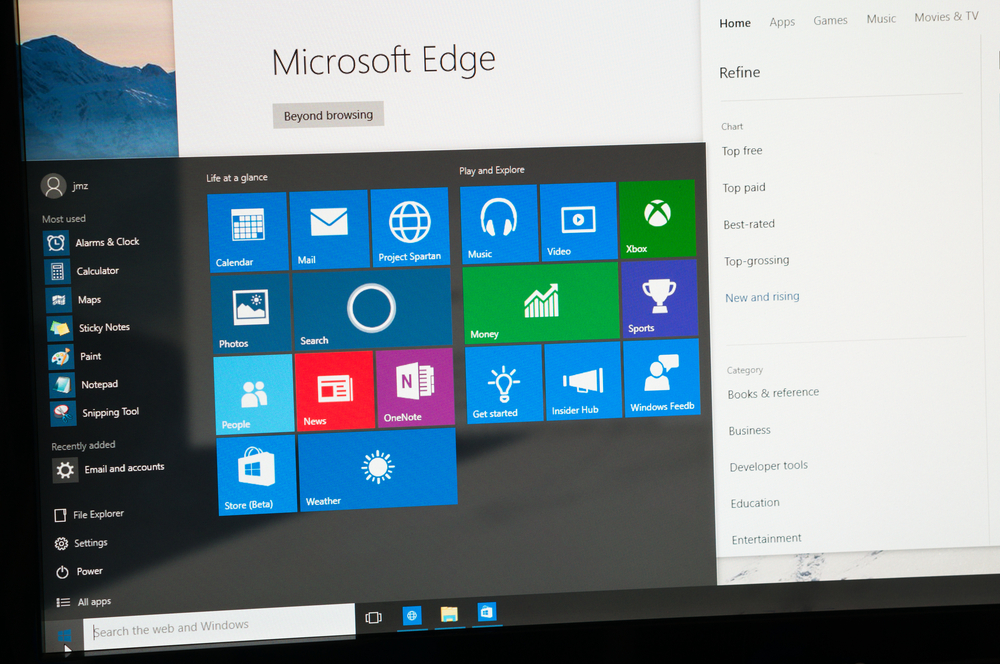A Voicemail messaging campaign is targeting individuals in the key vertical markets of the U.S. to steal their Office365 and Outlook credentials, while evading anti-phishing tools through a CAPTCHA check. The email has an HTML attachment using a music note character to impersonate the file as a sound clip. However, the file’s obfuscated JavaScript code […]
Adobe’s product is checking if components from 30 security products are loaded into its processes and likely blocks them, essentially denying them from monitoring for malicious activity.
Attackers are leveraging fake Facebook email uses copyrights to lure members of the Elections Infrastructure Information Sharing and Analysis Center (Ei-ISAC). The body of the email informed EI-ISAC that Facebook had taken down some of its content, as the result of a copyright infringement. The primary goal seems to be stealing Facebook login passwords and other […]
Aimed at financial institutions and insurance firms, OpCon is a cross-platform process automation and orchestration solution that can be used for the management of workloads across business-critical operations.
A new DFSCoerce Windows NTLM relay attack uses MS-DFSNM to entirely take over a Windows domain. The script used is based on the PetitPotam exploit. For this attack, researchers abused the Microsoft Active Directory Certificate Services, which is exposed to NTLM relay attacks. The best way to stop such attacks is to follow the guidelines […]
One of the bills signed into law on Tuesday, dubbed the Federal Rotational Cyber Workforce Program Act, establishes a program to allow cybersecurity professionals to rotate through multiple federal agencies and enhance their expertise.
The most severe of these bugs is CVE-2022-2156, which is described as a critical-severity use-after-free issue in Base. The security flaw was identified by Mark Brand of Google Project Zero.
The Series A financing provides capital for the Tel Aviv-based company to build “Application Detection and Response” technology capable of ferreting out malicious activities executed by insiders and imposters in enterprise applications.
QNAP has warned customers today that some of its NAS devices (with non-default configurations) are vulnerable to attacks that would exploit a three-year-old critical PHP vulnerability allowing remote code execution.
Researchers have observed new spear-phishing campaigns, dubbed VIP3R, aimed at certain organizations and individuals via infected HTML attachments. If opened, victims are directed at a phishing page impersonating a service often used by them, where they are are urged to input their username and password.






